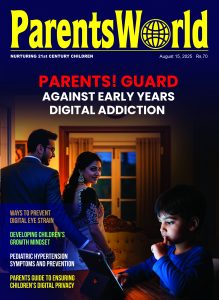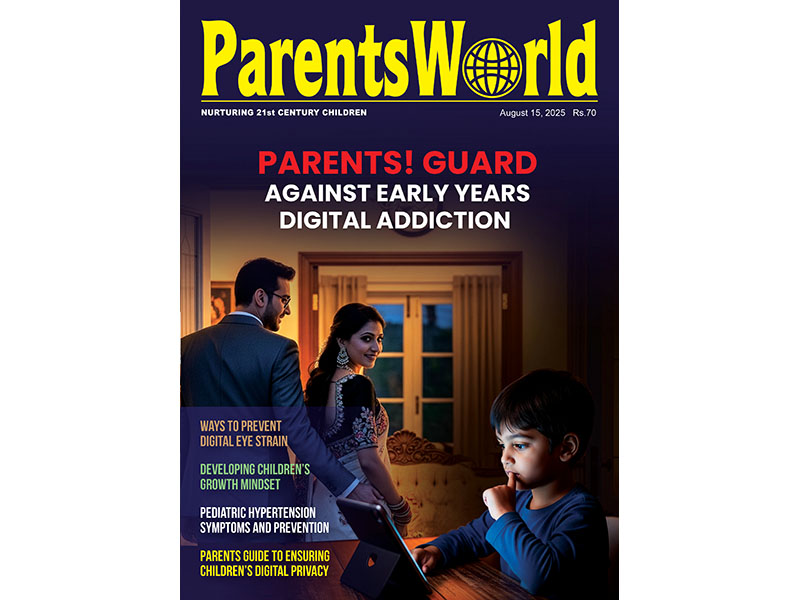Mailbox

Information-packed & engaging
Thanks for the richly illustrated and information-packed Kidzone section (PW August). Apart from engaging in solving puzzles, my children received their first lesson in coding! My son is also extremely curious to know more about Gandhiji’s education model of the head, heart and hand and how to operate a charkha.
Moreover, I enjoy reading the Ask the Doctor column every month. The August column by Dr. Ridhi Kaur about protecting children against digital eye strain was very useful given that post-covid urban children are now three times more likely to experience digital eye strain.
Shalini Kumar
Chennai
Refreshing must-read
Your Special Essay ‘Why do kids cheat? Is it normal, or should I be worried?’ (PW August) is a refreshing must-read for all parents who — like most of us — still believe that academic honesty is central to our child’s development. But according to author Penny Van Bergen, cheating is common among children and that doesn’t necessarily signal a deeper character flaw.
What I particularly liked was how the author balances empathy with practicality. Instead of resorting to a blame game, Van Bergen clearly presents cheating as behaviour often driven by pressure and misunderstandings to address common parental fears.
Vidya Shenoy
Mangaluru
Demystifying pediatric hypertension
The Middle Years story ‘Pediatric hypertension symptoms and prevention’ (PW August) is timely and reassuring for parents especially in an age where lifestyle-related health ailments are increasingly affecting younger children.
By successfully demystifying pediatric hypertension, neonatologist Dr Tarun Singh has provided a balanced overview of symptoms to watch for and straightforward lifestyle strategies to adopt to prevent hypertension.
Dev Das
Berhampore
Timely & compassionate guide
In an era of omnipresent digital screens, your August cover story ‘Parents guard against early years digital screen addiction’ was a timely and compassionate guide. It advises parents to foster more enriching, developmentally sound environments for their children.
Two well-researched studies cited in the cover story reveal that urban Indian children under five spend an average of 2.2 hours daily viewing digital screens, and that over 60 percent of children aged 2–5 are exposed to screens for 2-4 four hours daily. These are alarming statistics when compared to WHO guidelines that recommend zero screen time for under two year olds and only one hour of supervised, high quality content for children aged 2-5 years.
With clarity and sensitivity, the article shares practical, thoughtful strategies and wraps up with a warning that unchecked digital exposure during the critical 0-5 age window could undermine children’s readiness for schooling and life.
Veena Shankar
Bengaluru
Joyful starting point
The Resources feature recommending online apps for music education (PW August) was very informative and a delightful gateway for parents and educators to introduce children to the world of music with playful creativity.
More than just a list, it’s an invitation for children and their families to discover, compose, and fall in love with music. Above all, it is a joyful starting point for fostering musical curiosity in young minds.
Charulata Banerjee
Noida
Science-backed advice
Thank you for highlighting the importance of enabling neurodiverse children in your Health & Nutrition story (PW August). Child psychologist Reena Chopra has provided useful suggestions — from noise-reduction headphones and visual schedules to cozy, sensory-friendly corners paired with weighted blankets and calming music — both rooted in science.
This is advice that can make homes and classrooms feel more welcoming for children with special needs.
Piya Shah
Vadodara
















Add comment